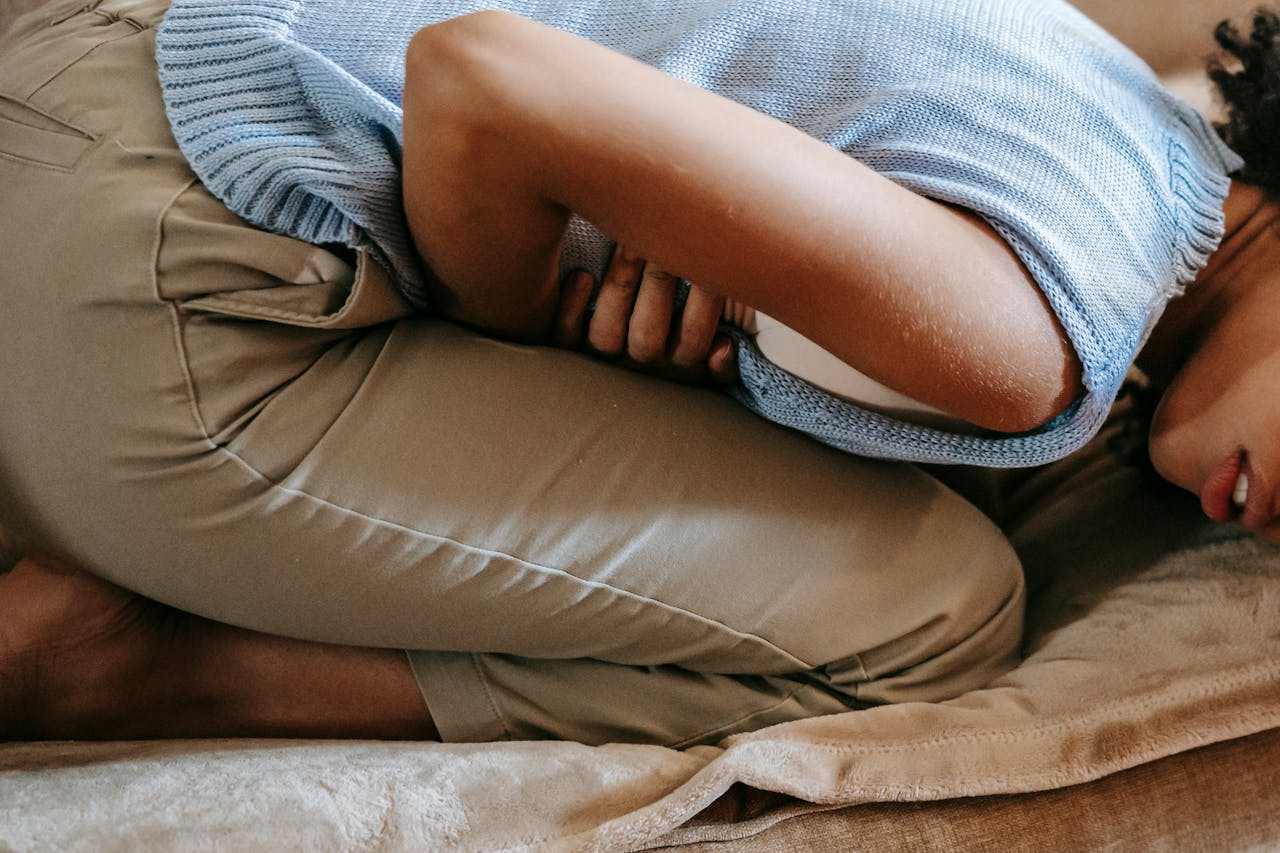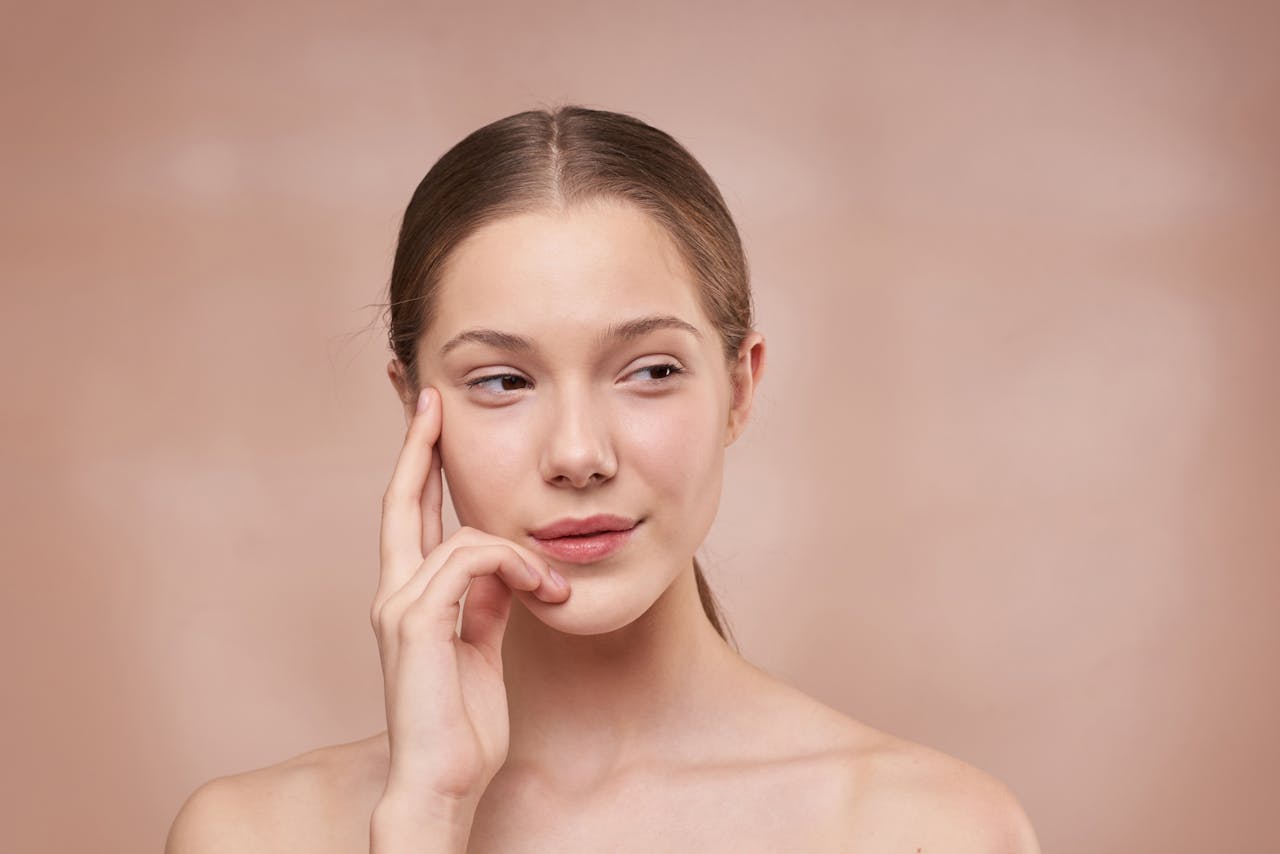If you’ve ever found yourself sneezing uncontrollably while your friend enjoys a sunny day, you might have wondered why only some people suffer from hayfever. This common yet frustrating condition, also known as allergic rhinitis, affects millions of people worldwide. But why does it plague some and spare others? Let’s delve into the reasons behind this.
What is Hayfever?
First, let’s get a clear understanding of what hayfever is. Hayfever is an allergic reaction to airborne substances like pollen from trees, grasses and weeds. When these allergens are inhaled, the immune system in some people mistakenly identifies them as harmful invaders. This triggers a series of reactions, including the release of histamines, which cause the familiar symptoms: sneezing, itchy eyes, runny nose, and congestion.
Genetics: The Family Factor
One of the primary reasons some people suffer from hayfever while others don’t is genetics. If your parents or siblings have hayfever or other allergic conditions like asthma or eczema, you’re more likely to develop it too. This genetic predisposition means your immune system is more prone to overreacting to harmless substances like pollen.
Environmental Influences
Where and how you live can significantly impact your likelihood of developing hayfever. People who grow up in rural areas, exposed to a variety of plants and pollens, often have lower rates of hayfever compared to those in urban environments. Urban areas tend to have higher pollution levels, which can exacerbate allergic reactions. Additionally, children raised in overly clean environments may have underdeveloped immune systems, making them more susceptible to allergies later in life.
Immune System Sensitivity
Some people’s immune systems are simply more sensitive than others. This heightened sensitivity means their bodies are more likely to react to allergens. Factors that can influence immune sensitivity include diet, overall health and even stress levels. For instance, a diet lacking in essential nutrients or high in processed foods can weaken the immune system, making it more reactive to allergens.
Early Exposure and the Hygiene Hypothesis
The “hygiene hypothesis” is an interesting theory that suggests a lack of exposure to infectious agents and microorganisms in early childhood can increase susceptibility to allergic diseases. Essentially, if your immune system isn’t “trained” by early exposure to various bacteria and viruses, it might overreact to benign substances like pollen. This could explain why hayfever is more common in developed countries, where children are less likely to be exposed to diverse microbes.
Climate and Seasonal Variations
The climate you live in and the seasons can also play a role in hayfever prevalence. Warmer climates with longer growing seasons can result in higher pollen counts, increasing the likelihood of hayfever. Conversely, people living in colder climates might experience fewer symptoms due to shorter pollen seasons.
Lifestyle and Occupational Factors
Certain lifestyles and occupations can increase the risk of developing hayfever. For example, people who spend a lot of time outdoors, such as farmers or gardeners, are more likely to be exposed to pollen and other allergens. Smoking and exposure to secondhand smoke can also exacerbate allergic reactions, making hayfever symptoms worse.
Conclusion
In conclusion, the question of why only some people suffer from hayfever is a complex one, with answers rooted in a combination of genetic, environmental and lifestyle factors. While we can’t change our genetics, we can take steps to manage our environment and strengthen our immune systems through a healthy lifestyle. Understanding these factors not only helps in managing hayfever but also highlights the importance of a balanced approach to your health and wellbeing.
So, next time you find yourself sneezing amidst blooming flowers, remember, it’s a mix of your genes, environment, and lifestyle at play. And for those who escape the seasonal sniffles, count yourselves lucky and maybe offer a comforting tissue to your sneezy friends!







